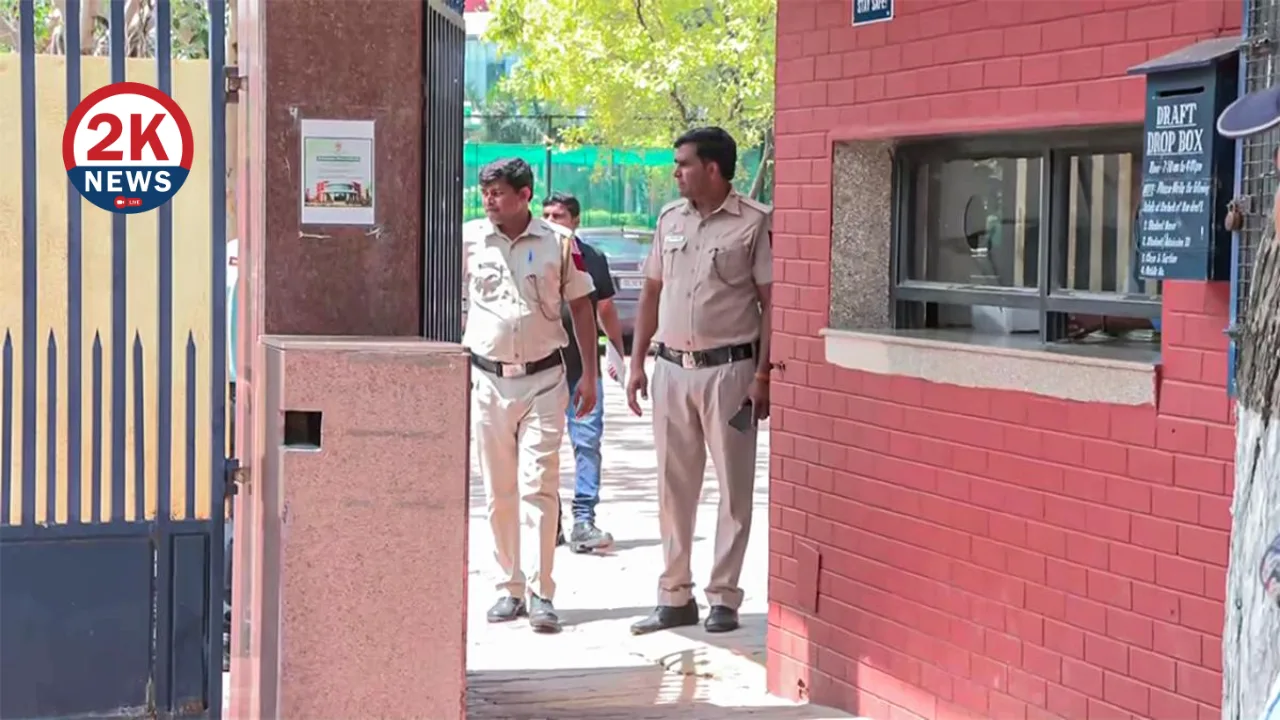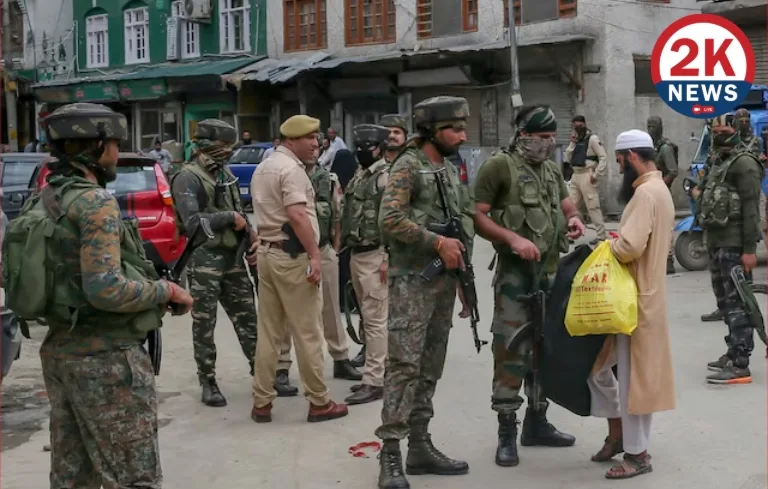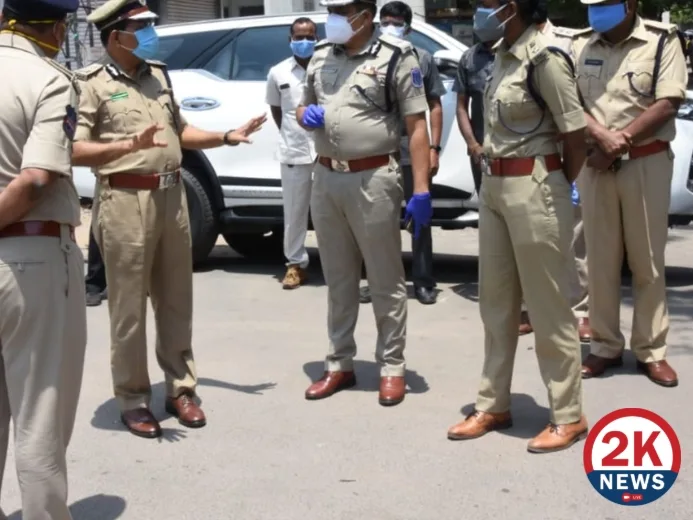Panic in Bengaluru
The emails reportedly contained highly disturbing and violent language, suggesting that “not a single soul will survive” and that “TNT devices” had been planted inside the school premises.
Some emails also referred to suicidal bombings, raising alarms of potential terror involvement. Authorities have not yet confirmed whether the threats were part of a coordinated hoax or a serious terror plan.
🏫 Schools Affected
Initially, around 15 schools reported receiving the email, but by noon, that number rose to over 40 across different localities in the city.
The schools affected include:
-
National Public School (NPS)
-
Greenwood High International
-
Vidya Niketan
-
Global Academy
-
Bethany High
-
Indus International School
…and others.
All the schools immediately informed local police and began evacuation procedures.
🚨 Emergency Response
The Bengaluru police, along with the Bomb Detection and Disposal Squad (BDDS) and sniffer dogs, were dispatched to each of the affected schools.
Commissioner of Police B. Dayananda confirmed that precautionary measures were taken swiftly, including:
-
Evacuation of schoolchildren and staff
-
Sealing of entire campuses
-
Full-scale bomb detection sweeps
-
Deployment of special teams at sensitive locations
So far, no explosives have been found at any of the locations.
🕵️♂️ Cyber Crime Investigation Underway
The Cyber Crime Cell has taken over the investigation into the source of the emails. According to preliminary reports, the emails were sent using anonymous VPN networks, making it difficult to trace the original sender.
A senior cyber officer stated,
“We are analyzing the headers of the emails and tracking possible IP locations. At this point, we are not ruling out any possibilities – including foreign interference or local mischief.”
👨👩👧👦 Parents in Panic
As news of the Panic in Bengaluru spread, parents rushed to pick up their children from school campuses, many of them in tears. Panic was visible outside the school gates.
One parent said:
“We trust schools to keep our children safe. If someone can just send an email and terrorize the whole city, that’s terrifying.”
Several schools announced early dismissal for the day and canceled remaining classes for the week to allow for safety inspections and mental health support for students.
🏛️ Government and Police Reaction
Karnataka Chief Minister Siddaramaiah condemned the act, stating,
“This is an act of cowardice aimed at disturbing peace in our state. We will track down the perpetrators and bring them to justice.”
The Home Ministry has also been briefed, and the Intelligence Bureau has joined the investigation.
📊 Is This an Isolated Case?
This is not the first time such threats have been made. Just a few weeks ago, 45 schools in Delhi received similar bomb threats. None turned out to be real.
Authorities are now investigating whether the Panic in Bengaluru, Bengaluru bomb threat emails are connected to the earlier cases or part of a growing cyber menace targeting educational institutions.
📢 What Should Schools Do Now?
Experts have advised that all schools across the country should now:
-
Review and update emergency evacuation plans
-
Educate staff on how to respond to threats
-
Work closely with local police
-
Install advanced email filters and cybersecurity protocols
🔐 The Fear Is Real, But So Is the Vigilance
Though no bombs have been found and no casualties have occurred, the psychological impact of such threats cannot be ignored.
The Panic in Bengaluru ,Bengaluru school bomb threat incident is a reminder that the safety of educational institutions must now include cyber surveillance, intelligence tracking, and mental health support for students.
🧠 Expert Speak
Dr. Ramesh Bhat, a child psychologist, said:
“Repeated exposure to threats, even if false, creates anxiety and long-term trauma in children. Schools must include counseling after such events.”
🔚 Conclusion
The Panic in Bengaluru has exposed how vulnerable schools are to psychological warfare and cyberattacks. While authorities are working round-the-clock to identify the source, citizens demand stricter cyber laws and more proactive defense systems.
Until then, parents, students, and educators will continue to live under a shadow of fear — hoping this remains just another hoax, and not a real tragedy waiting to unfold.






